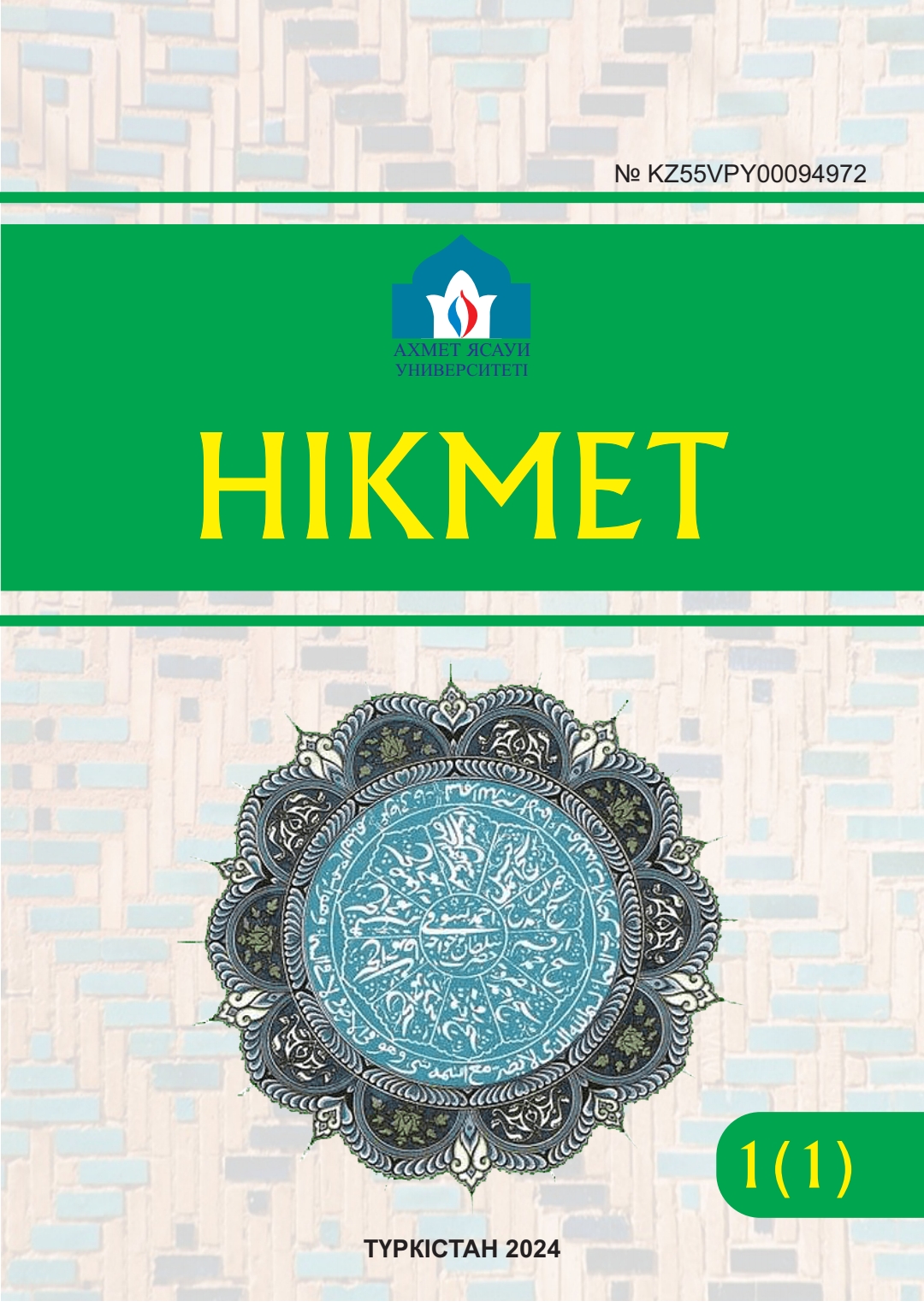WORSHIP OF SACRIFICE IN ISLAM AND CULTURAL HISTORY OF TURKS
177 206
Anahtar Kelimeler:
sacrifice, worship, Turkish culture, ritual.Özet
In all traditions that include the concept of God, it is very important for believers
to establish a relationship with God for various purposes. The main purpose of sacrifice as a
worship in all belief systems is to communicate with the sacred. Sacrifice is defined as the offering
of beings and objects to supernatural beings or entities with the intention of getting closer to them,
expressing feelings of gratitude, hearing something or atoning for sins. Although sacrifice has been
practised in almost all religions throughout the history of mankind, there are some differences
between them in terms of form and purpose. In many sacrifice ceremonies, in addition to shedding
blood, the life of the creature offered as a sacrifice is terminated. In the bloodless sacrifice practice,
plants, grains, jewellery, food and drink etc. are offered to the sacred beings. After the advent of
Islam, the tradition of sacrifice in the Jahiliyya period was reorganised by purifying the elements
incompatible with the belief in monotheism, and it was made richer with social functions. The
practice of sacrifice is also present in the pre-Islamic periods of Turkish societies. In this article,
after mentioning the historical process of the ritual of sacrifice, its application in Islam and Turkish
cultural history will be discussed.

